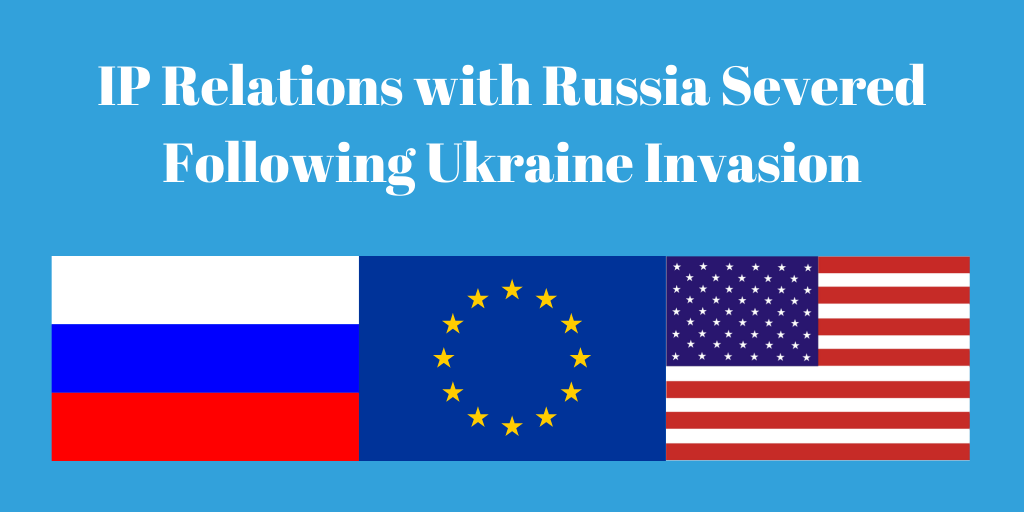Thomas Mann was spot on when he said, “everything is politics,” because “everything” includes IP theft.
Over the past year, you may have noticed a rise in articles discussing intellectual property (“IP”) in the political world. President Donald Trump seems to be targeting China, but very few understand the meaning behind the recent commotion.
On August 14, 2017, President Trump signed a Presidential Memorandum, asking the United States Trade Representative to investigate China’s laws, policies, and practices. The motive was to determine whether or not they are harming American IP, innovation, and technology.
Intellectual Property Theft
This “harm” is IP theft. The IP theft occurs when China enters into a joint venture with an American company, which would be necessary in order to do business in China.
This joint venture would allow the Chinese company to acquire the IP owned by the American company. Not only is the theft obviously wrong, but it will have substantial economic effects on American companies.
In most circumstances, no one would flinch at the sharing of IP between two companies doing business together. Most of the time companies enter into agreements to share IP rights. However, the fundamental issue lies with China’s shaky history of IP theft.
Each year, IP theft costs American companies almost $600 billion, and the Chinese contributes to most of that amount. What accounts for this IP theft? Some of the most important items on the IP theft spectrum include: counterfeiting fashion designs, pirated movies and video games, patent infringement, and technology and software.
Most people do not think about anything other than counterfeit items, or pirated movies when considering IP theft. American companies are more concerned about stolen technology, like weapons, than they are about knock-off bags.
It may, or may not, be hard to believe that some of the most advanced (and dangerous) technologies were stolen and illegally exported by the Chinese. While many instances have occurred, the most notable theft contained documents related to the B-52 bomber and the Delta IV rocket. As a matter of national security and good business strategies, American companies cannot afford to lose this type of IP.
The Marketplace Problems
Okay, so why do American companies continue engaging in these ventures? The answer is not as simple as one would believe. Many American companies have seemed to acquiesce to the fact that perhaps allowing access to IP is just how it has to be if American companies want to stay competitive within the Chinese markets.
The joint ventures give the Chinese access to critical IP, and further allow Chinese companies to take and recreate the IP to fit their own marketplace needs. But what about this process is so damaging?
It is the false sense of security American companies get when they exchange access to Chinese marketplaces for their IP.
Unfortunately, the Chinese take much of the IP shared with them and use it to enter the marketplace with their own adaption, which creates more competition for the American companies. While healthy competition is not necessarily a bad thing, competing against your own product in a market you just entered, is not a good thing.
The U.S. prides itself as a leading industry in the technological field, but our top spot may be short lived. With the Chinese cyber-security laws and regulations requiring the transfer of IP in exchange for marketplace, it will be hard to remain at the top. Even if American companies pulled back the reins on making deals with Chinese companies, one major IP theft issue still exists: cyber espionage.
Cyber Espionage
In 2015, after the Department of Justice indicted five Chinese army officials for stealing trade secrets, the U.S.- led by former President Obama- and China reached an agreement that neither country would knowingly conduct or support cyber-enabled theft of intellectual property. Cyber espionage consists of “cyber spies” hacking into the computers of American corporations and stealing trade secrets and other valuable IP. Since 2015, cyber-security firms have noticed an increase in computer hacks, which began in late 2016. These hacks were simple phishing e-mails.

The main offender, a hacker group known as APT10, has been around since before 2009. American analysts have tracked APT10 since the late 2000’s. The group’s goal is simple: support Chinese national security goals. APT10 achieves this goal by stealing outside business data.
APT10 and other like-minded organizations craft e-mails so believable, that corporations are hacked at a click of a link. Once infected codes are installed onto a computer, the hacker is able to find files, steal data, and even take screenshots. There is little to no hope for the victim-companies after this type of infiltration.
The Future of IP Theft
However, there may be a light at the end of the IP theft tunnel. On September 18, 2017, China unveiled a new IP crackdown program to help ease tensions with the U.S. This four month program has promised to help control the theft of business secrets, knockoffs, and trade in goods that violate IP rights.
Of course, this sudden change in heart probably has more to do with potential repercussions. If investigations find China’s practices restrict U.S. commerce, the U.S. can take legal steps against China. So, while perhaps not done out of good will, a plan to eliminate these practices is better than nothing. Moving forward, the U.S. must tread carefully.
The U.S. is required to start a claim through the World Trade Organization if China’s crackdown practices violate WTO promises. Only practices acceptable within the limits of the WTO promises would allow the U.S. to take individual action.
Growing up, IP theft meant Napster or a terrible counterfeit designer bag. As technologies have advanced, so have the attempts to steal it from other countries. IP theft affects almost every area of life. IP theft is not limited to designer brands and pirated movies.
Whether clothes or cars, unless the U.S. takes steps to control IP theft, it will continue to plague our companies. The steps taken to eliminate theft and protect U.S. IP is a step in the right direction and will hopefully result in a positive outcome for both countries.









